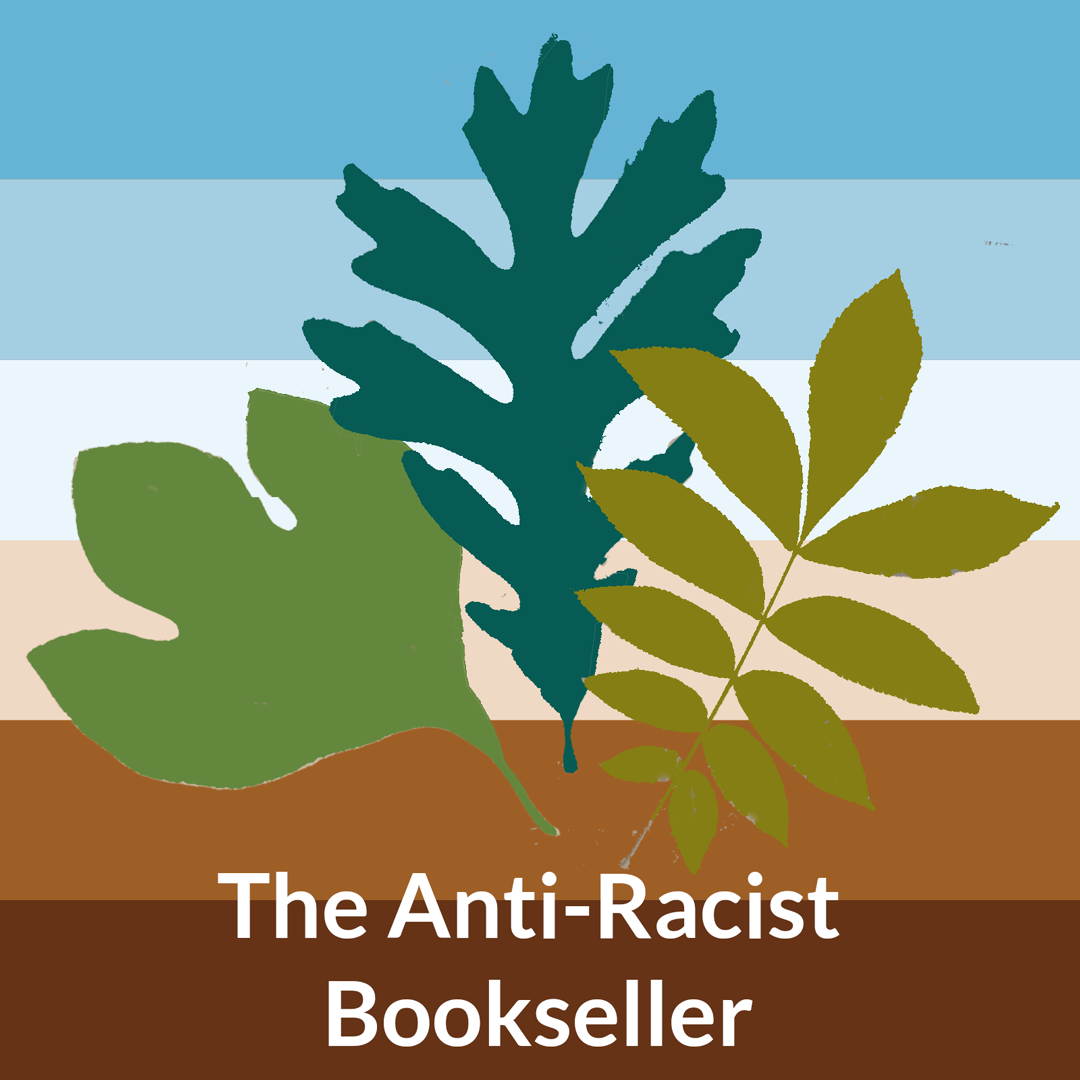 Land Acknowledgments
Land Acknowledgments
"When we talk about land, land is part of who we are. It's a mixture of our blood, our past, our current, and our future. We carry our ancestors in us, and they're around us. As you all do."
– Mary Lyons (Leech Lake Band of Ojibwe) via Native Governance
Of all the official American holidays on the calendar, Thanksgiving is one of the most emotional and intimate. Even though the holiday sometimes feels snowed under by newspaper inserts and Black Friday sales, the day itself has always been primarily about togetherness, family, and food.
And for the many Indigenous peoples of the continent, a day to mourn. One of the great tasks of anyone trying to live an anti-racist life is to acknowledge and reconcile (or discard) beloved cultural traditions that are built upon an oppressive, racist foundations.
How do we honor the values of Thanksgiving -- the togetherness and generosity and gratitude -- and yet still acknowledge what it represents to Indigenous people? We tend to associate Thanksgiving with a somewhat mythical story of Pilgrims and Native Americans sitting down to eat together, but the truth is Thanksgiving was first established as a national holiday by Abraham Lincoln in 1863, as a kind of "thank you" to the advancing Union armies and a call for unity and healing among the American people.
There is a growing movement to "decolonize" Thanksgiving and turn it into something that more meaningfully honors the heritage of all the peoples on this continent. "Meaningful" is the watchword here. One practice that has become more common in recent years is to make a Land Acknowledgment part of important events and celebrations.
A Land Acknowledgment is a formal statement of recognition and respect for the indigenous peoples who were and are the traditional inhabitants and stewards of the specific place of the event. Organizations and groups also create Land Acknowledgments as part of the work they do in their communities. Independent bookstores sometimes create a Land Acknowledgment in recognition of their own role in and commitment to the heritage of their local communities.
A Land Acknowledgment (which is not, by the way, a "Land Welcome," the distinction is important) is not something to be simply copied from some template found online. Every one is unique because the history of every place is unique. There are over 550 Native American nations in the United States. Consider this map of the traditional territories of Indigenous peoples: https://native-land.ca/.
Bookstores looking to create a meaningful Land Acknowledgment for their store should take the time to research what and who should be acknowledged, and why. The Native Governance Center has published a useful guide to creating an Indigenous Land Acknowledgment statement that includes questions to ask yourself as you do your research: Why are you doing this land acknowledgment? What is your end goal?
The guide also offers some tips to writing a land acknowledgment statement that is truly meaningful and intentional. For example: be specific about the names and history of the Indigenous people to whom the land belonged and belongs -- including the history of the land itself and any treaties, honored or broken. And be scrupulous about correct spelling and pronunciation for the names of Tribes, places and peoples. Also include the names of living Indigenous peoples from the community. There is a tendency to talk about Indigenous peoples in the past tense. They are not. They are active, vibrant, contemporary cultures.
A Land Ackowledgment will not minimize or dismiss past crimes by avoiding accurate terms: genocide, forced removal, ethnic cleansing. But neither is it simply an accusation:
"Land acknowledgments shouldn't be grim. They should function as living celebrations of Indigenous communities. Ask yourself, 'How am I leaving Indigenous people in a stronger, more empowered place because of this land acknowledgment?' Focus on the positivity of who Indigenous people are today." --The Native Governance Center (via)
In the end, a Land Acknowledgment is a first step, an expression of gratitude to those who have been here long before us, and also a promise, a commitment to take action and effect change. It is a promise we can't break.
More resources
https://nativegov.org/resources/